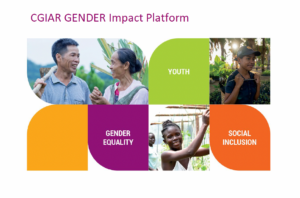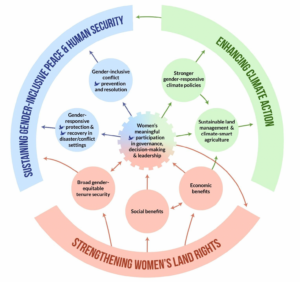The report shows how the effects of climate change on income and adaptation in rural areas vary with gender, wealth, and age, utilizing new empirical evidence based on socio-economic data collected from more than 100,000 rural households in 24 countries, combined with 70 years of geo-referenced daily rainfall and temperature data.
Global efforts to tackle the climate crisis must address its impact on people, especially the most vulnerable. Because of their reliance on weather-dependent agrifood systems, climate change has a profound impact on the incomes and livelihoods of rural people in low- and middle-income countries.
Climate policies often acknowledge that women, youth, and people living in poverty are the most vulnerable to climate impacts. However, there is limited evidence to fully understand the extent and nature of the vulnerabilities faced by these groups.
Required citation:
FAO. 2024. The unjust climate – Measuring the impacts of climate change on rural poor, women and youth. Rome.




